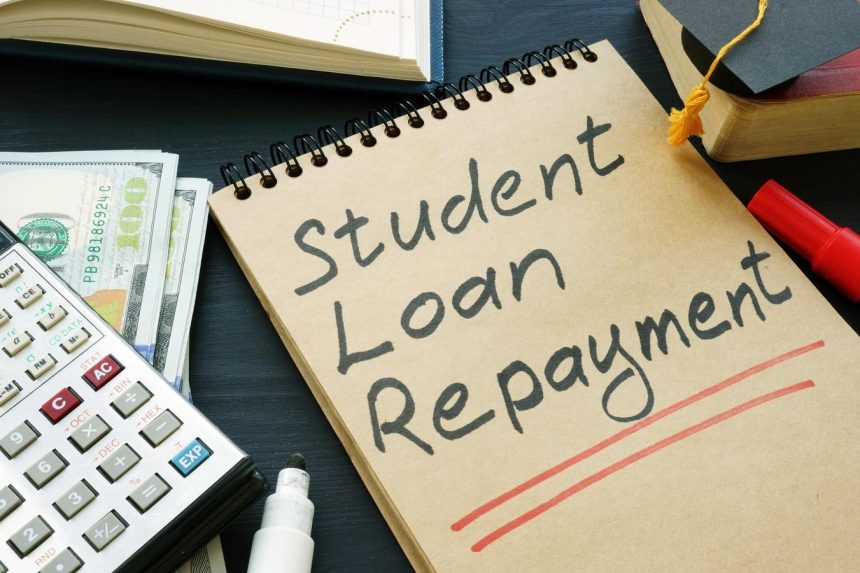Basing all student loan outcomes on the borrower’s income seems to be all the rage these days, and that’s true whether we’re talking about Biden’s student loan forgiveness plan or his new income-driven repayment plan.
As a refresher, Biden’s currently in-the-air student loan forgiveness plan aims to erase up to $10,000 in federal student loans for borrowers who earn less than $125,000 ($250,000 for married couples), or up to $20,000 for eligible borrowers who used Pell Grants to pay for school. Meanwhile, the newly proposed repackaging of the Revised Pay As You Earn (REPAYE) program would leave borrowers with $0 monthly payments on federal student loans if they earn less than $30,600 annually. Plus, other REPAYE users would pay no more than 5% of their “discretionary income” in loan payments until having their remaining loan balances forgiven completely.
Apparently, even private student loan companies want to get in on the action of income-driven repayment plans now. If you’re wondering why a private company would offer income-based repayment or how these plans work, read on to learn more.
Income-Based Repayment = Income Share Agreement?
First off, you should know that private companies offering income-based financing must be trying out a brand new marketing strategy. In fact, so-called income-sharing agreements have been around for a long time. However, in 2021, the Consumer Finance Protection Bureau (CPFB) cracked down on income-sharing agreements and definitively branded them as loans.
According to Michael Lux of The Student Loan Sherpa, these plans may seem like a new product, but it is really just a rebranding of an older loan product called “income share agreements.”
Income-sharing agreements (ISAs) purport to allow borrowers to borrow money for education, but they only repay the money if they earn enough income to do so.
How Income Share Agreements Actually Work
I’ve written about income share agreements in the past, but here’s the gist of how these plans work. Essentially, these repayment plans for private student loans are actually a contract between the student and a school or third party. As part of the contract, the agreement says the borrower can skip making traditional loan payments and agree to pay a percentage of their salary for a set period of time instead.
Most income share agreements also state you can pause your payments if you lose your job, and that you can even make no payments if your income drops between a specific threshold.
One of the more popular programs, Edly’s “non income sharing agreement” (according to the company) says you get “payments deferred upon loss of job,” and that you won’t make payments unless you’re earning more than $30,000.
That said, it’s worth noting that private income-based repayment loans can still leave high-income professionals paying back more in total than they might if they had just borrowed the money using federal student loans. Also be aware that these agreements are not regulated like federal student loans, so you’ll need to dive deeply into the fine print before you sign up.
The Bottom Line
Lux says he hates the idea that private companies may be marketing their loans as “income-driven repayment.” After all, income-driven repayment plans for federal student loans do an excellent job of keeping student debt manageable. Not only can payments on income-driven repayment plans for federal loans come with monthly payments as low as $0, but true income-driven repayment plans can forgive your remaining balances after you make payments for 20 to 25 years.
Lux says there are some similarities here, but an income share agreement is not really comparable to a federal student loan.
“Using the same terminology will only serve to mislead or confuse people,” he said.
Whether you’re looking at private student loan income-driven repayment plans or income share agreements, consider yourself warned.
Read the full article here


